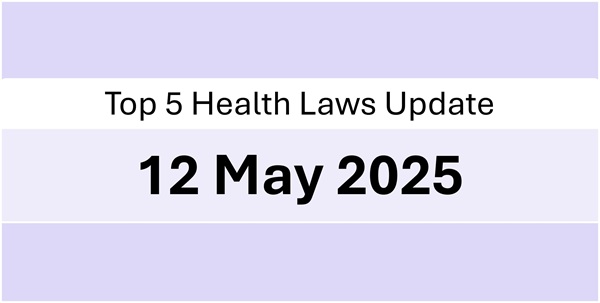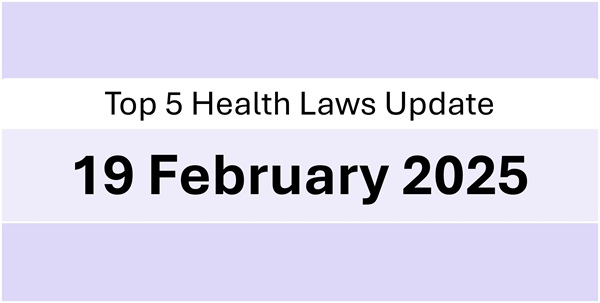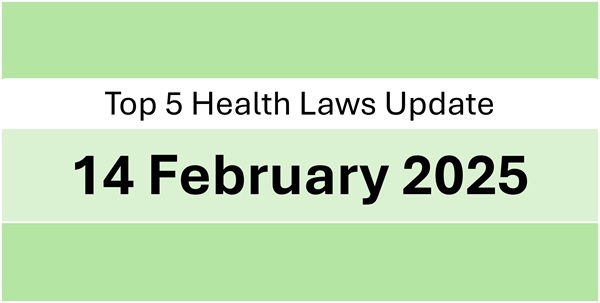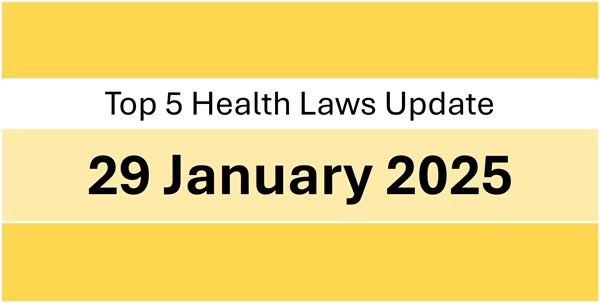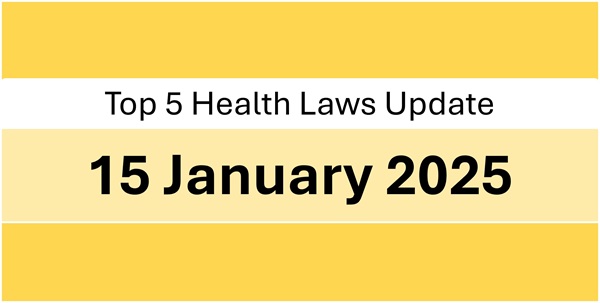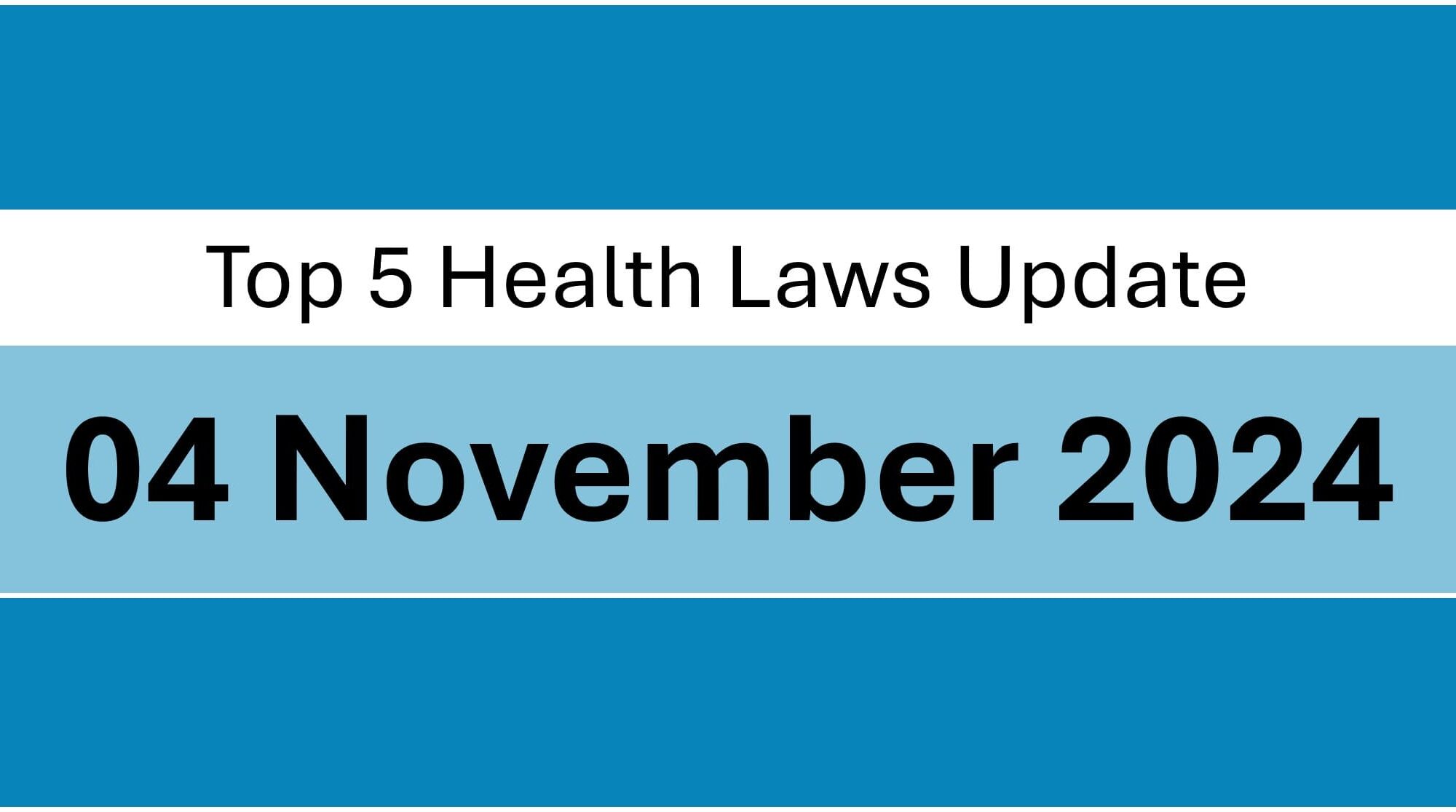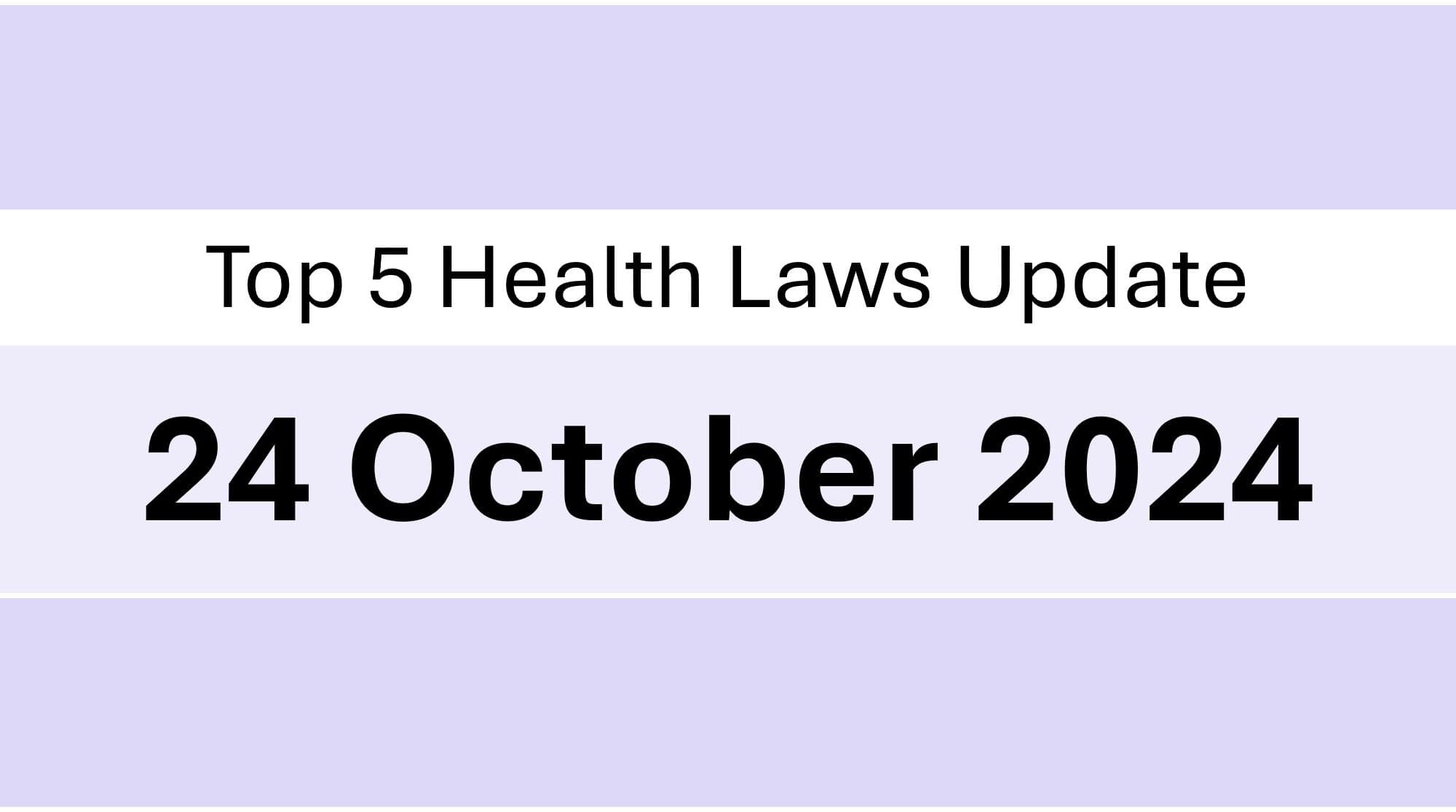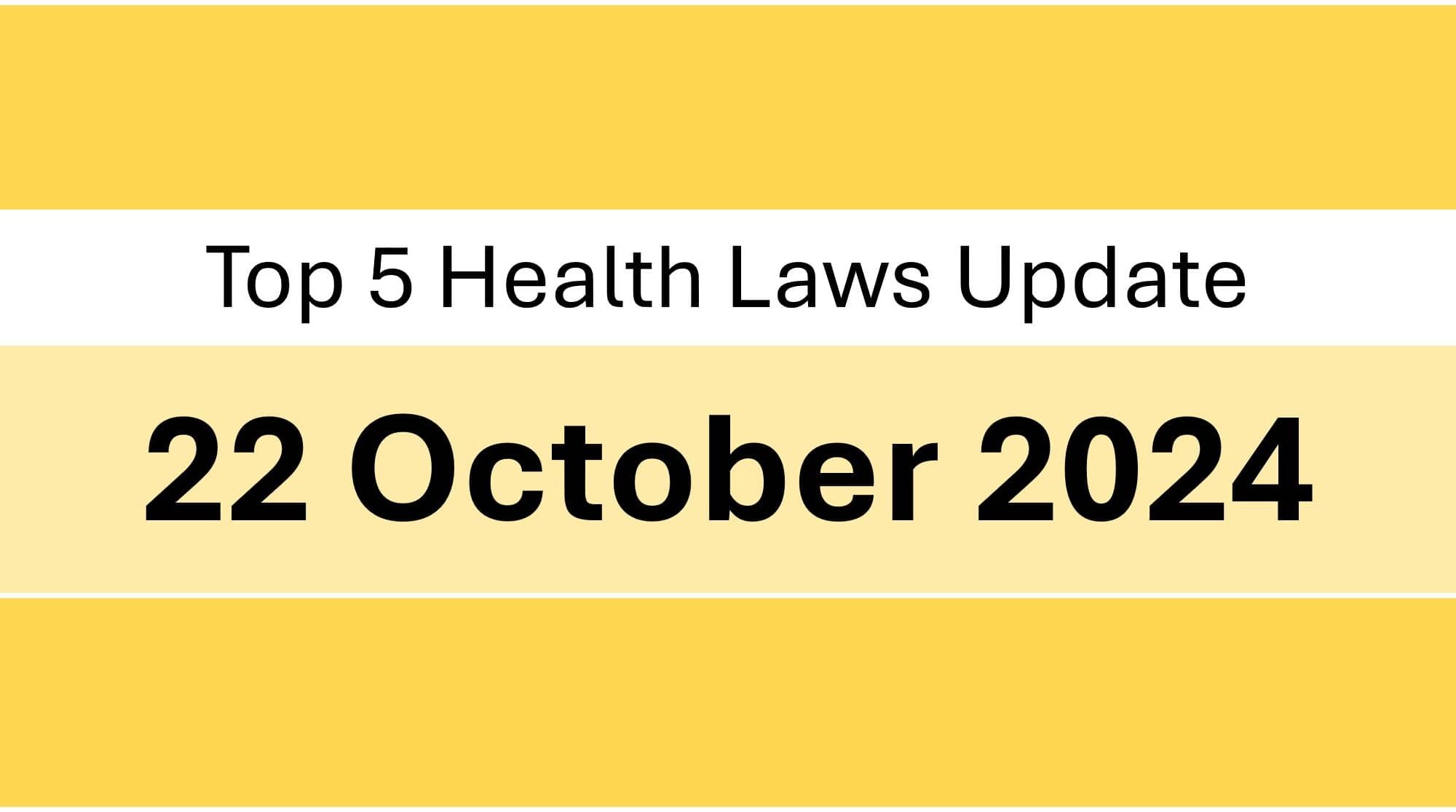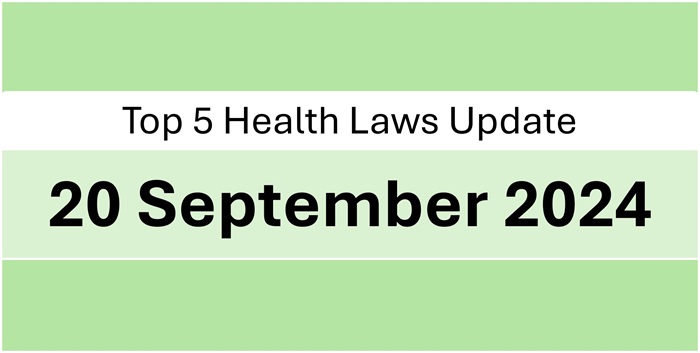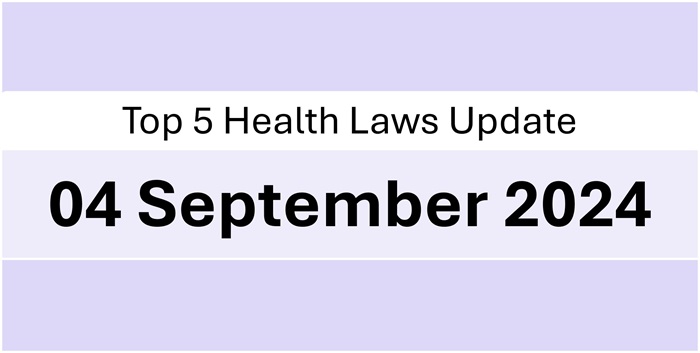Dear Readers, we are happy to share the most interesting legal and policy updates concerning health industry that we read today. we hope you enjoy reading it.
1. India’s Central Consumer Protection Authority (CCPA) has issued notices to popular e-commerce platforms for selling walkie-talkies without mandatory disclosures such as operating frequencies, licensing requirements, or Equipment Type Approval. This violates the E-commerce Rules and misleads consumers into believing these wireless devices can be freely operated without regulatory clearance.
Source: bit.ly/42RYUx2
2. The Government of India has directed the Department of Pharmaceuticals, along with the National Health Systems Resource Centre (NHSRC), to identify essential drugs, enhance their availability, and implement price controls to ensure affordability aiming to mitigate combat-related health risks during the ongoing conflict.
Source: bit.ly/4jQwcm9
3. Music companies are taking legal action against influencers for using copyrighted songs commercially in paid social media posts without proper permission or licenses. According to a popular social media platform policy, licensed music is allowed only for personal, non-commercial use and not for branded content.
Source: bit.ly/3GOLxoK
4. US President is reportedly set to bring an executive order that seeks to cut prescription drug prices by using global benchmarks and bringing in “most favored nation” pricing into play. The U.S. will match the lowest price paid by any nation, potentially impacting Indian exporters’ profit margins.
Source: bit.ly/43kJiBk
5. India and the UK have finalized a free trade agreement, where India has agreed to reduce import duties on the British products, including Scotch whisky, gin, and cars. However, India is protecting its farmers and local producers by maintaining duties on sensitive agricultural items like dairy, apples, cheese, and oats.
Source: bit.ly/3GK4bOG

